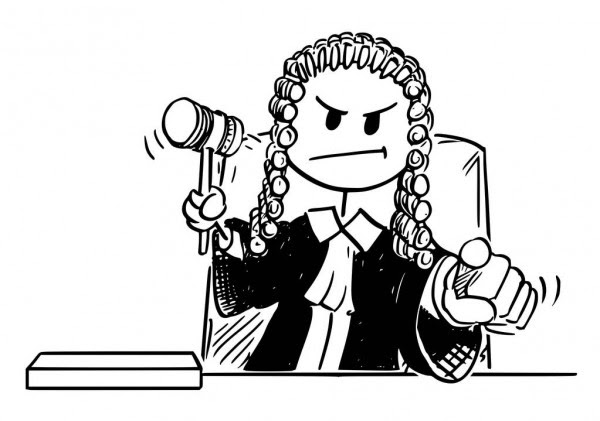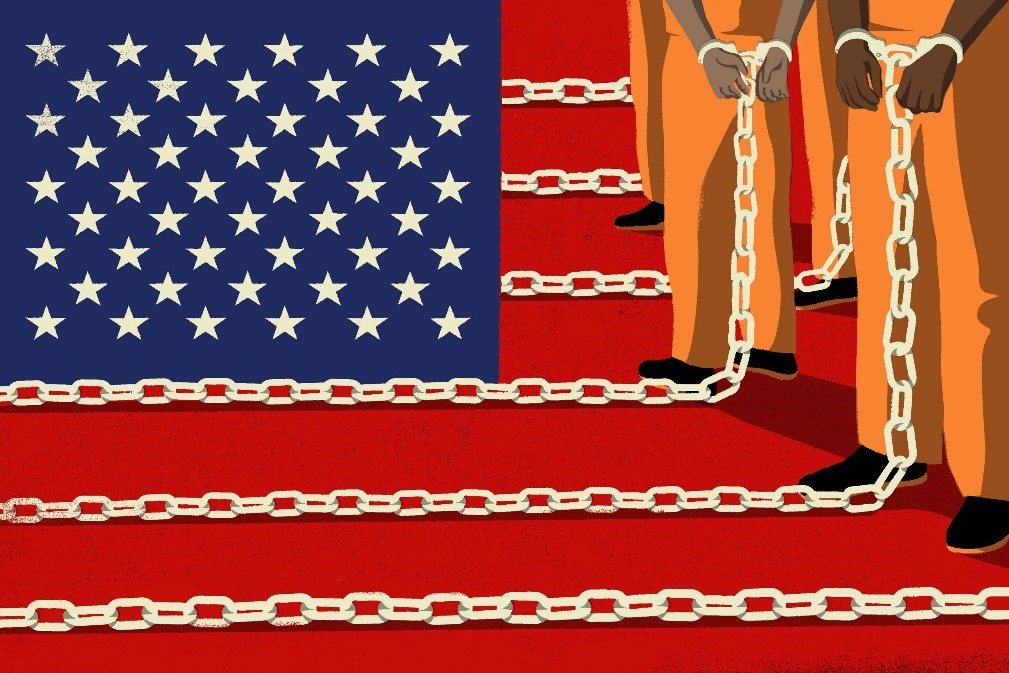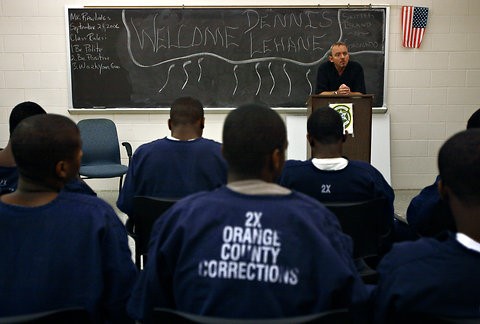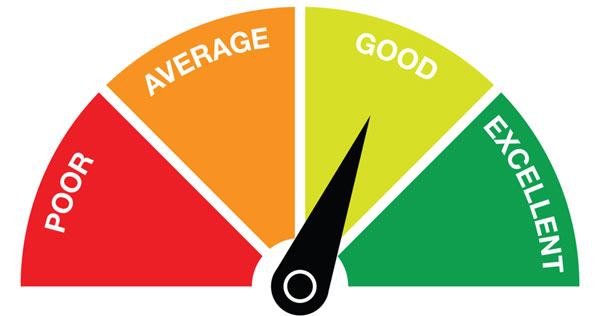
COVID-19 and the ongoing housing crisis
By: Tiffany Ngo COVID-19 has wreaked havoc on the nation since 2020, and the nation is still slowly recovering. Landlords and tenants in Virginia were not immune to the effects of COVID-19. In Fall of 2020, the unemployment rate in Virginia was 5.8%[1] and as a result, many Virginians found themselves unable to afford their rent payments. At first, they found themselves with no … Continue reading COVID-19 and the ongoing housing crisis









